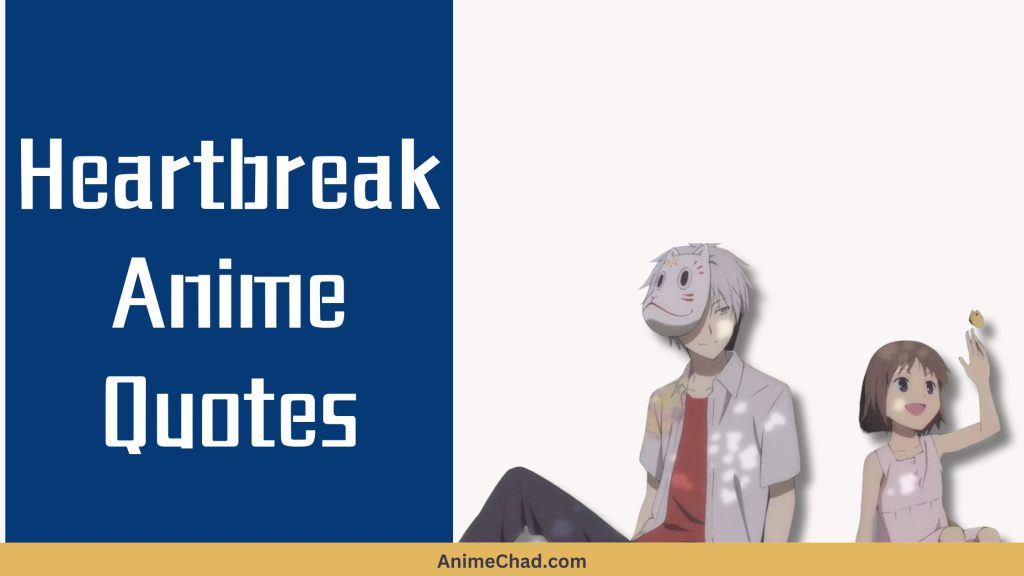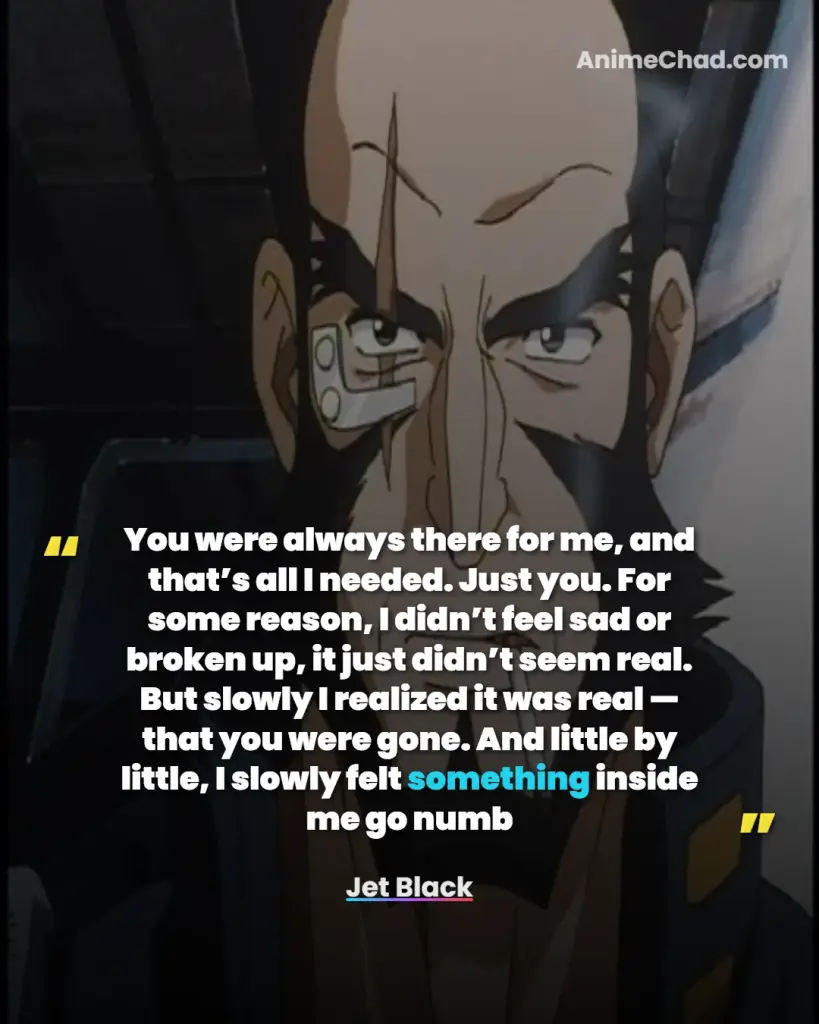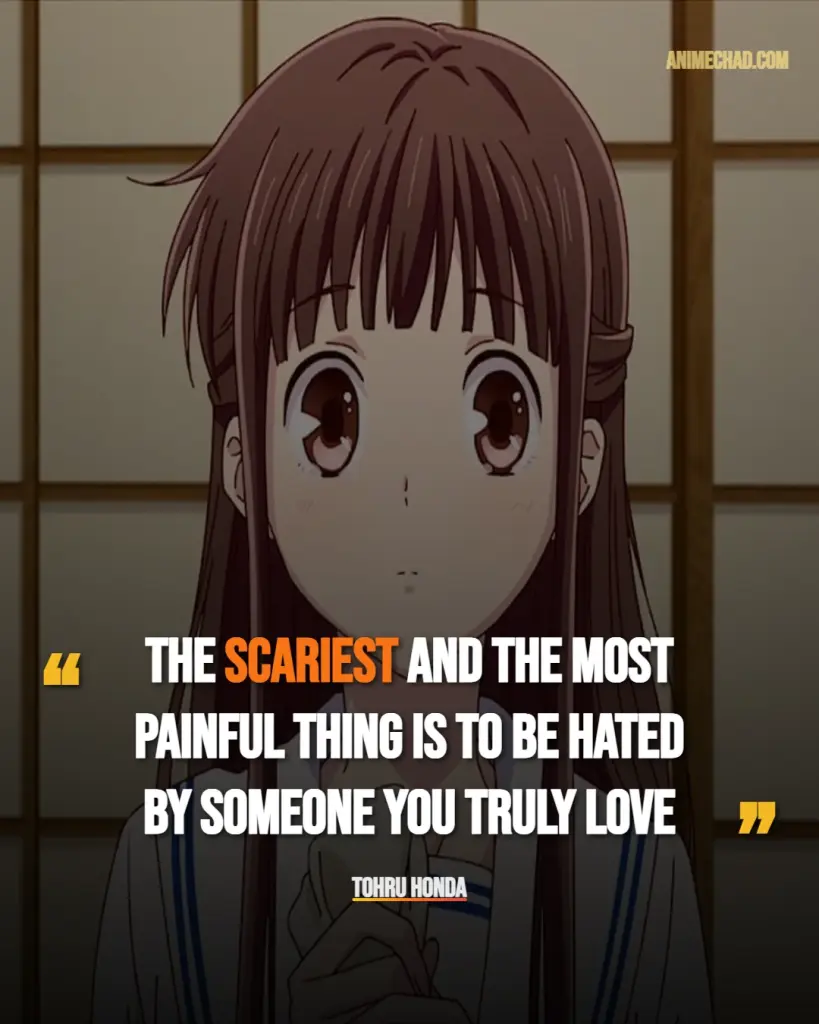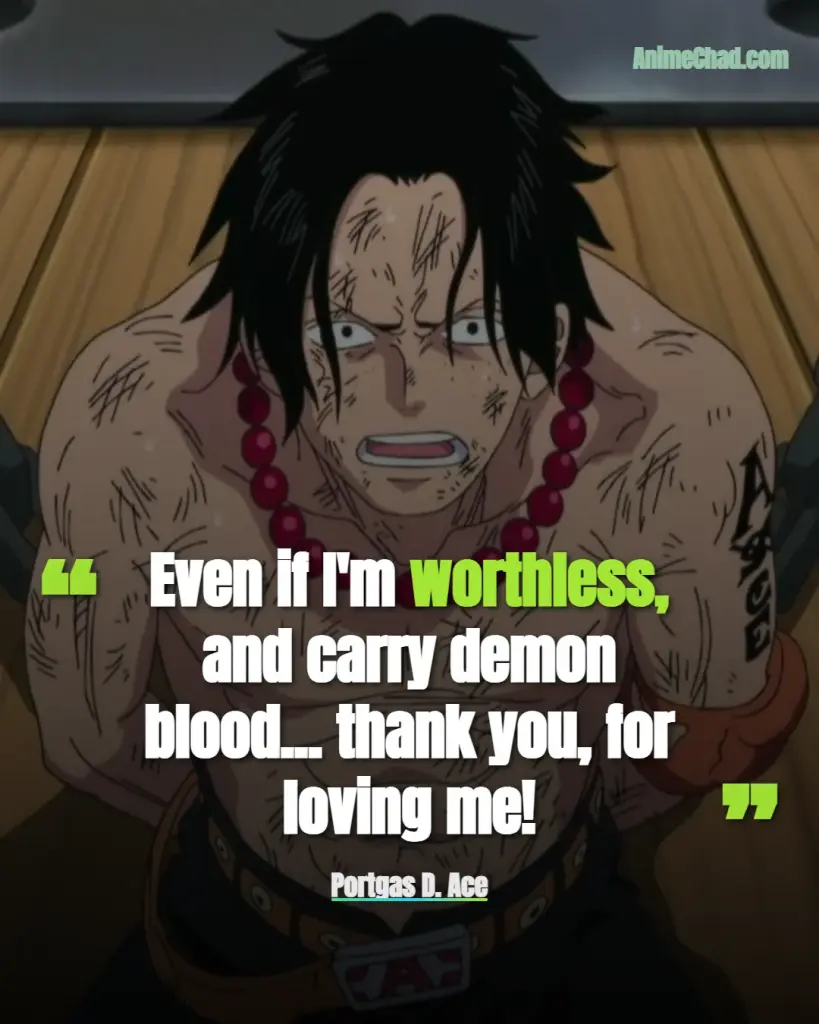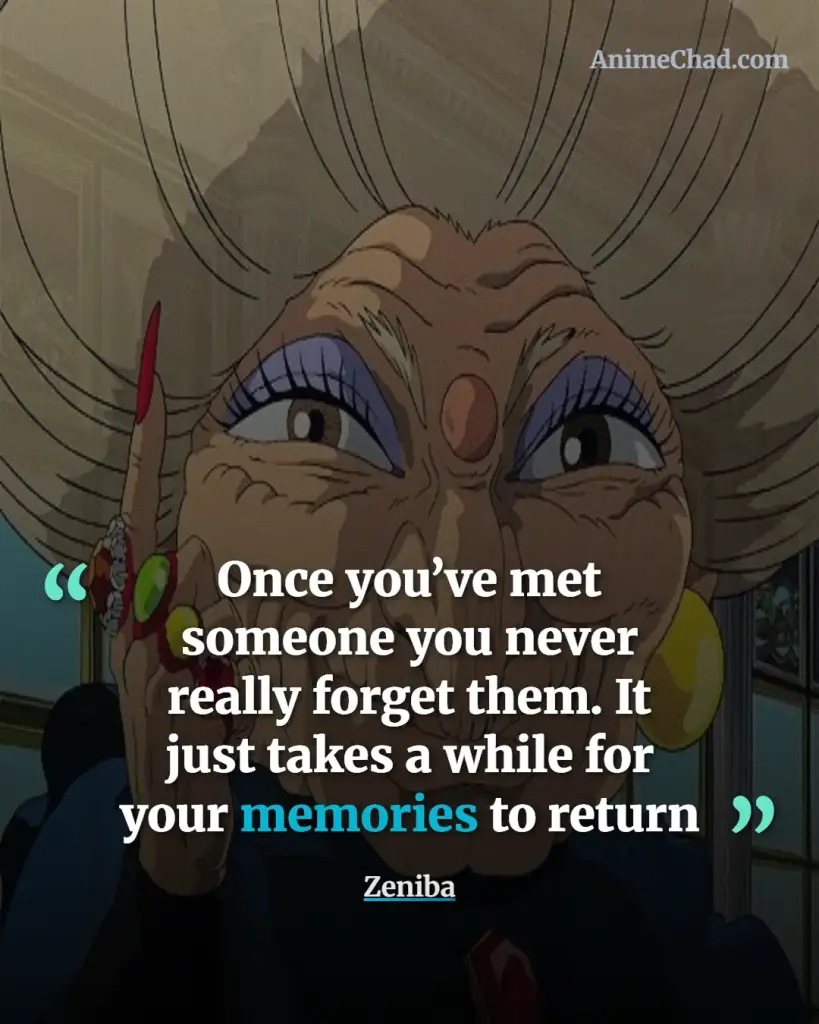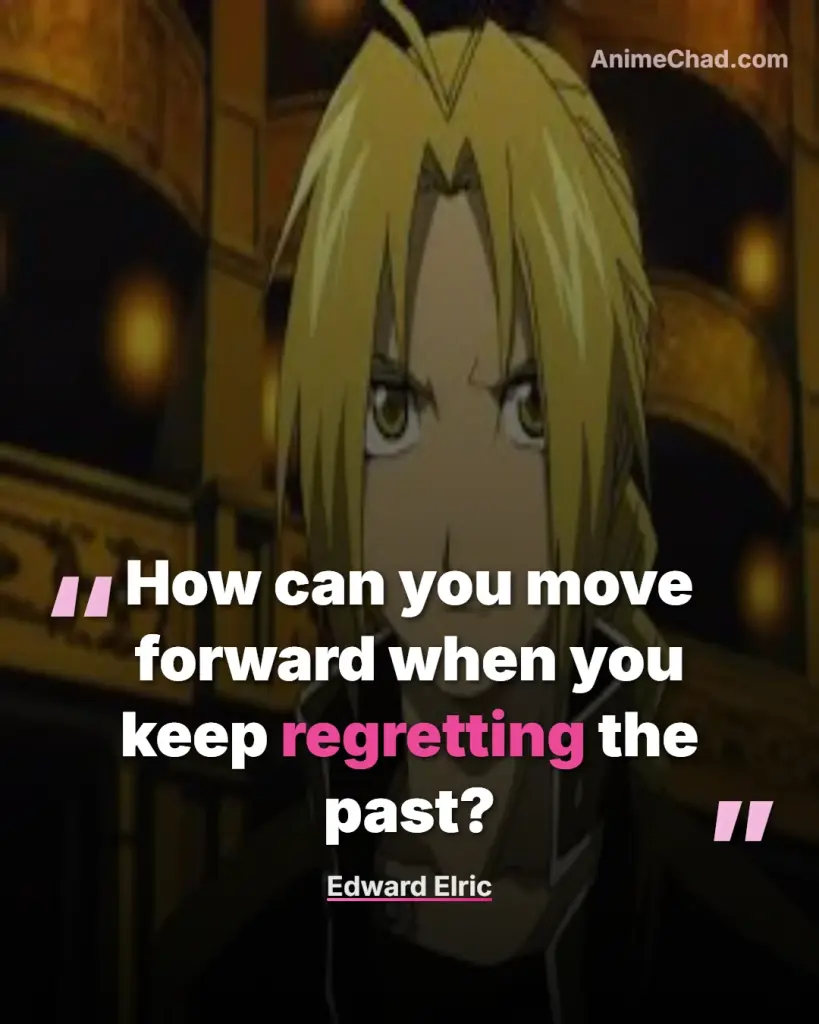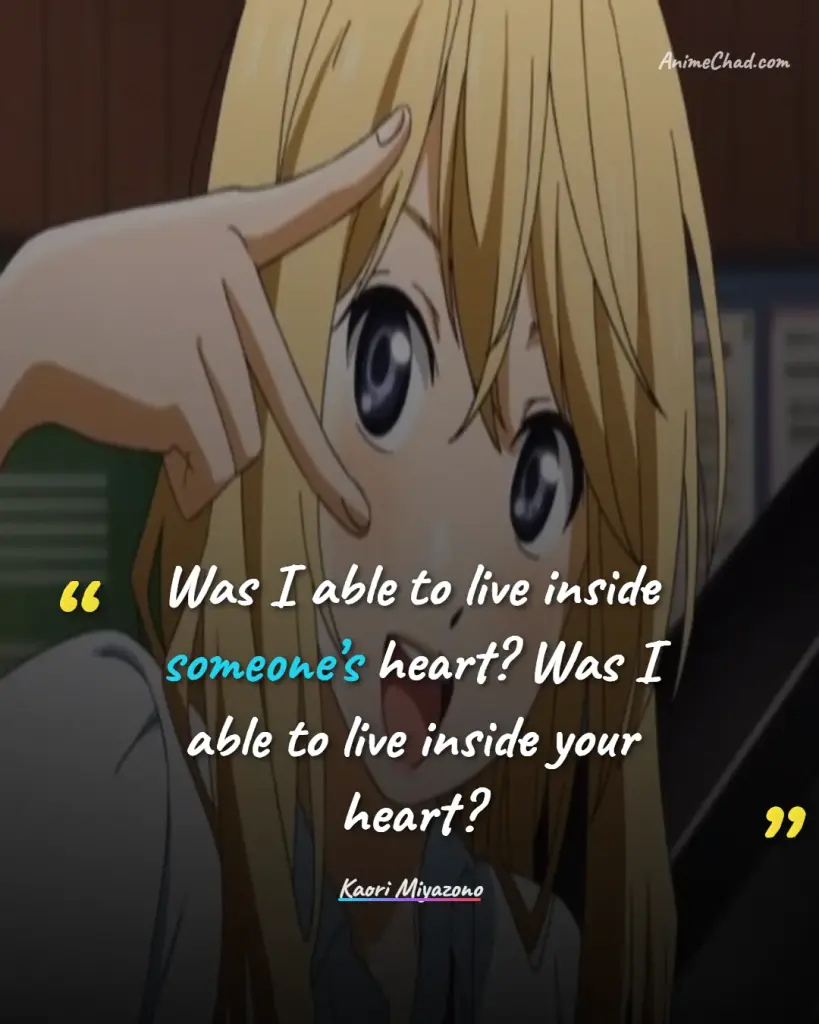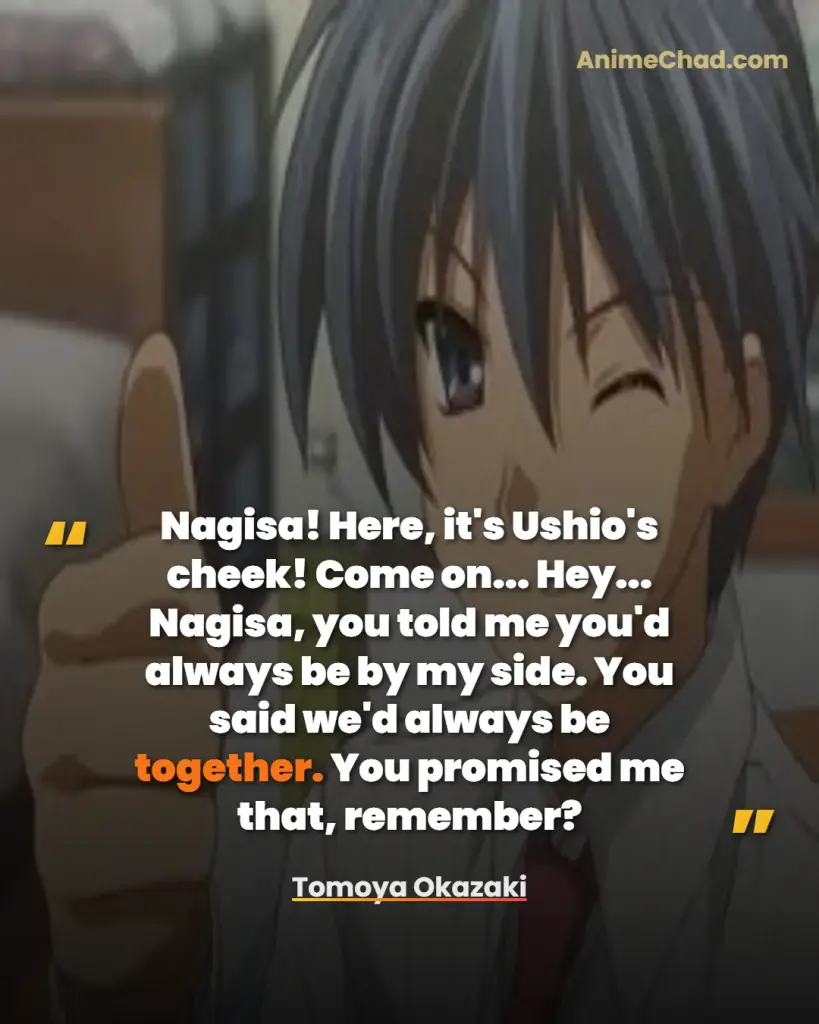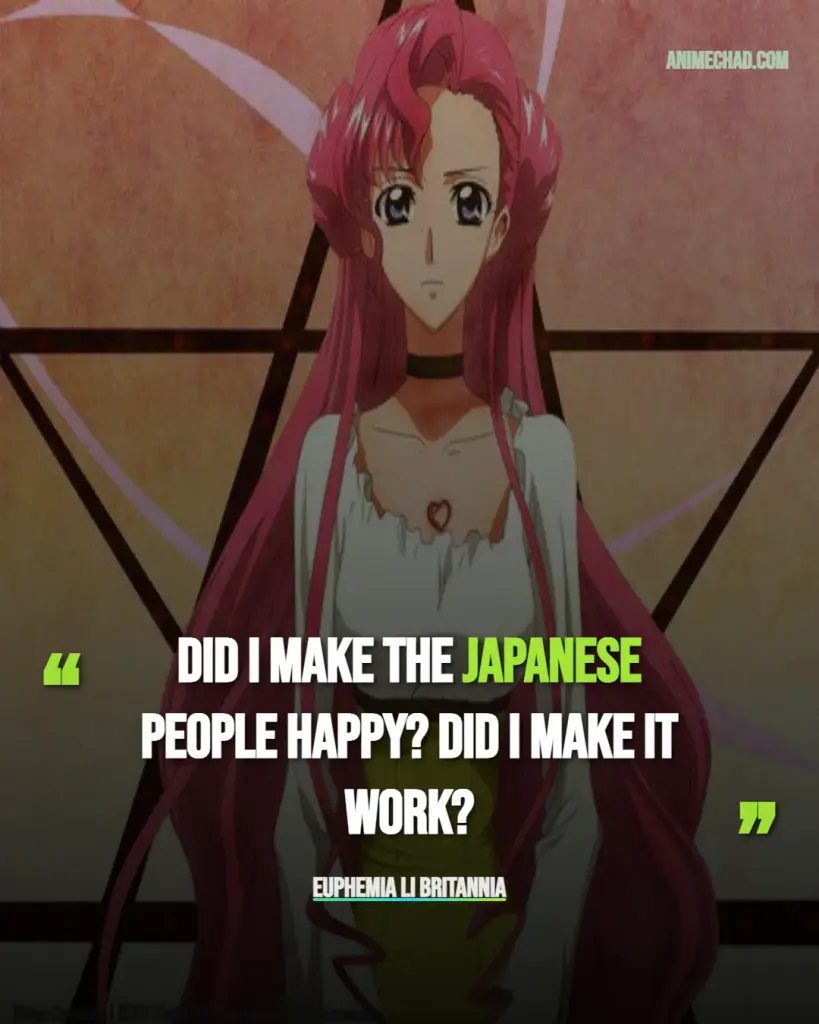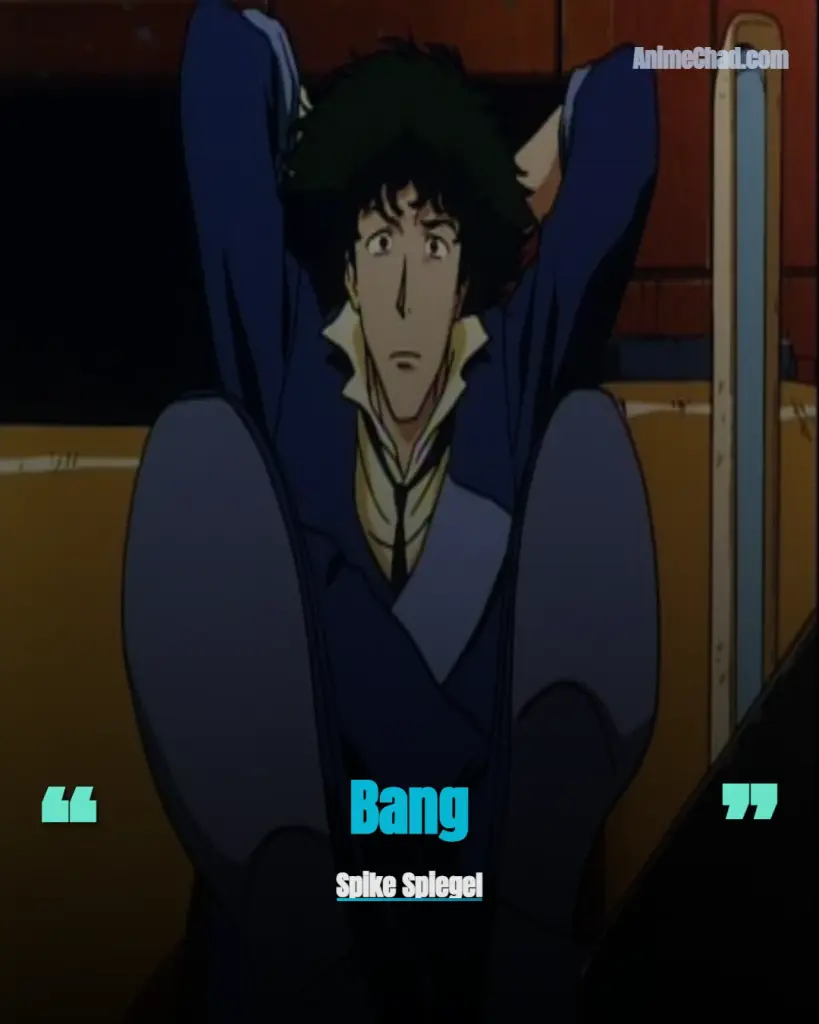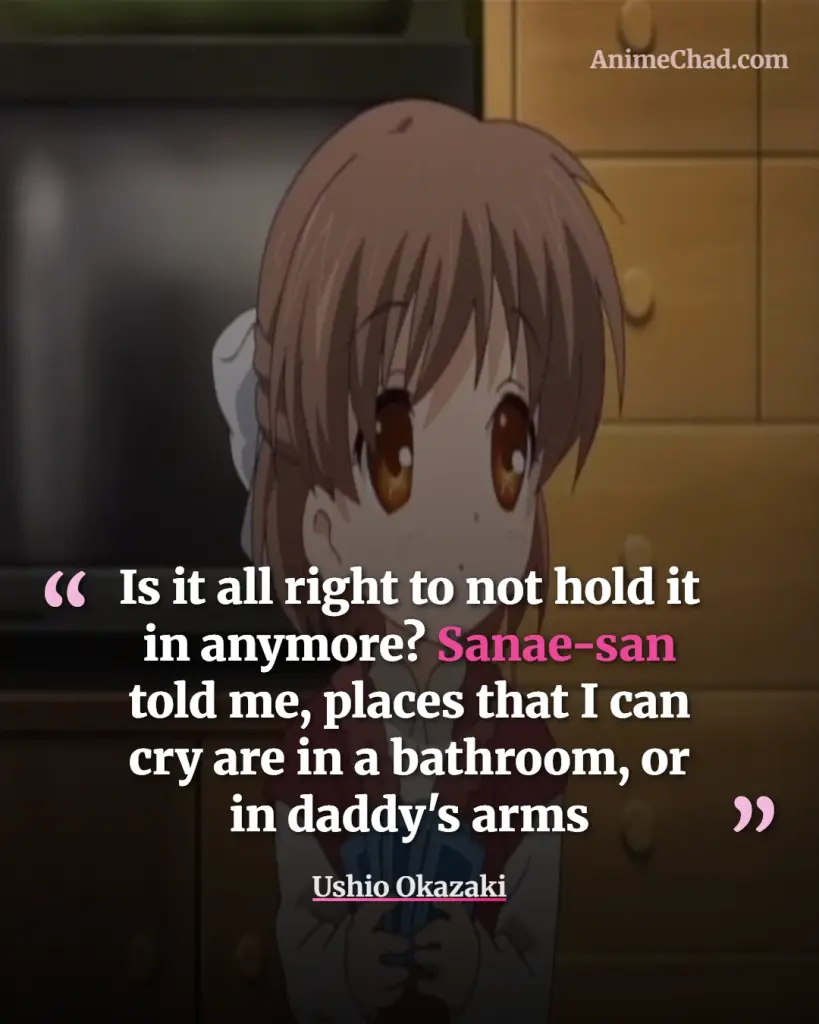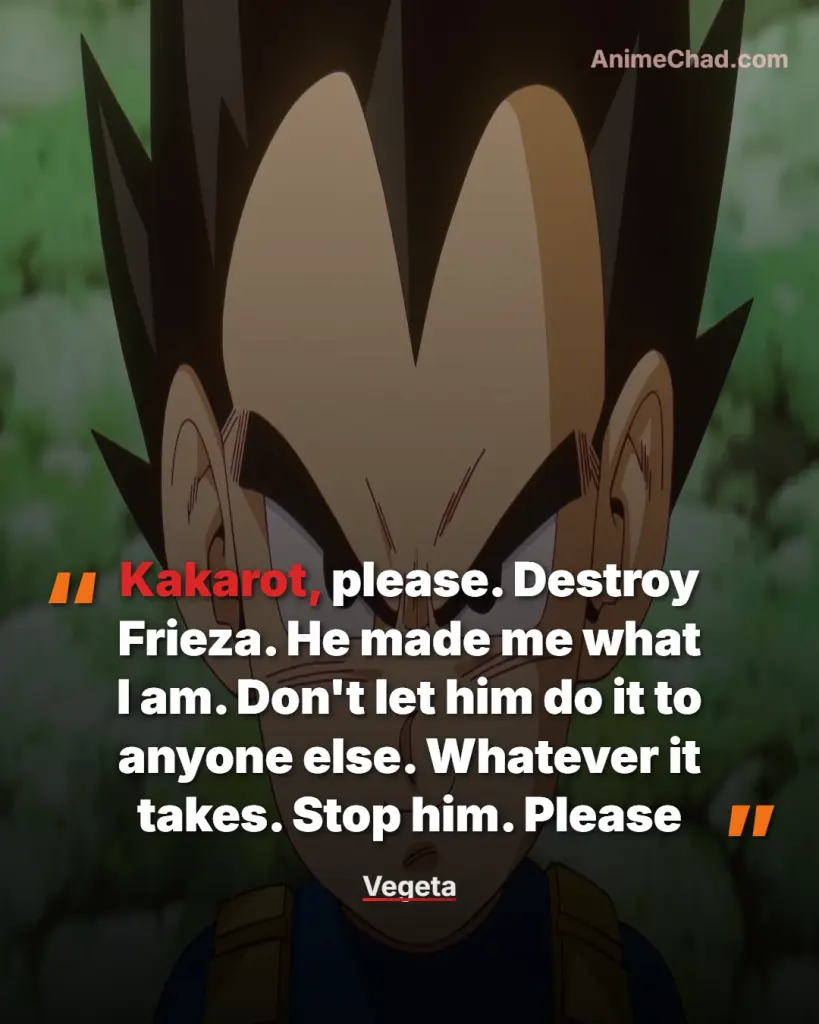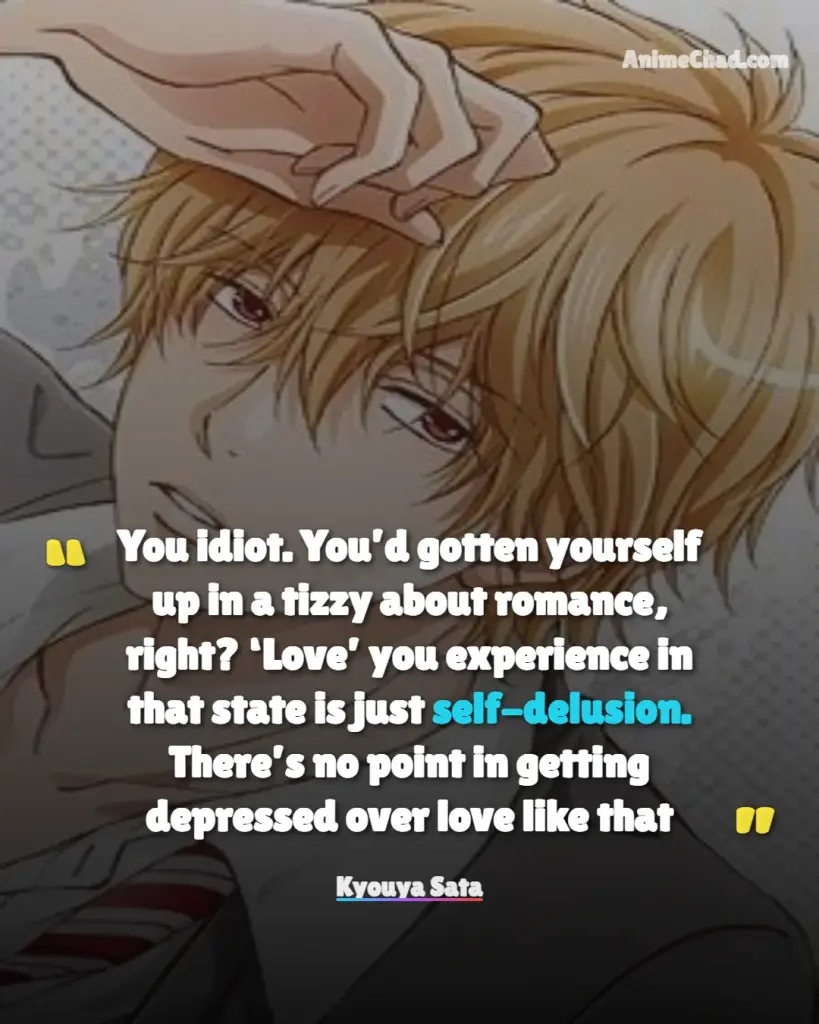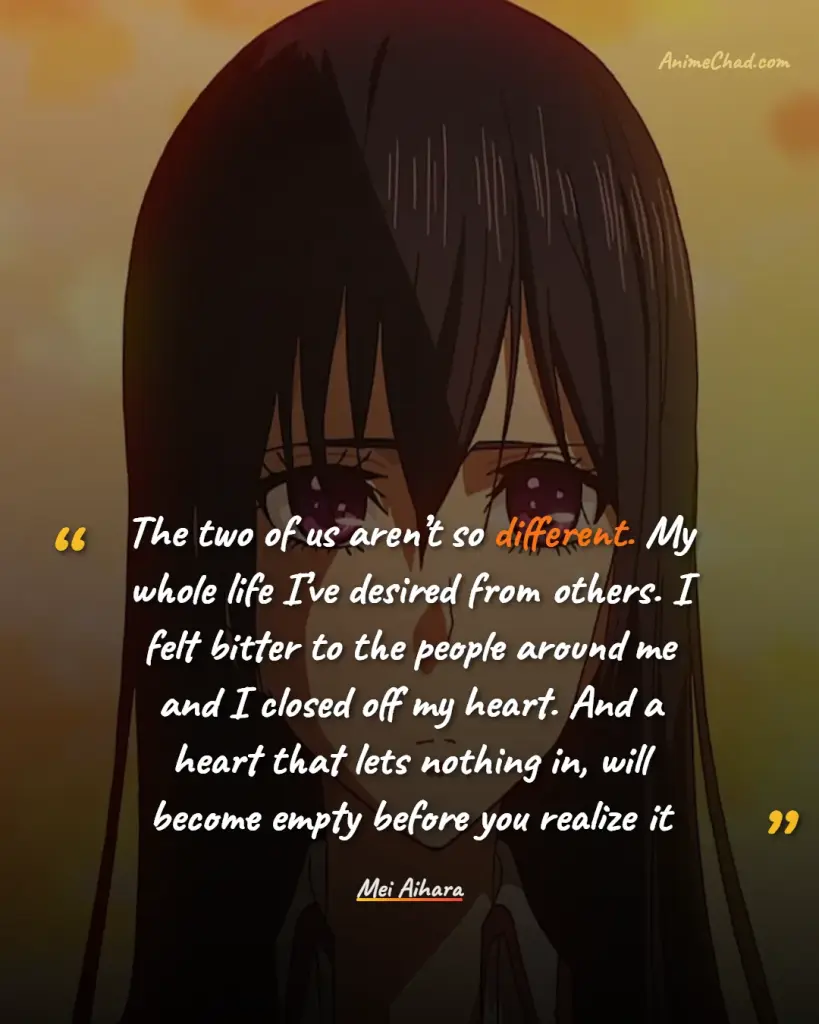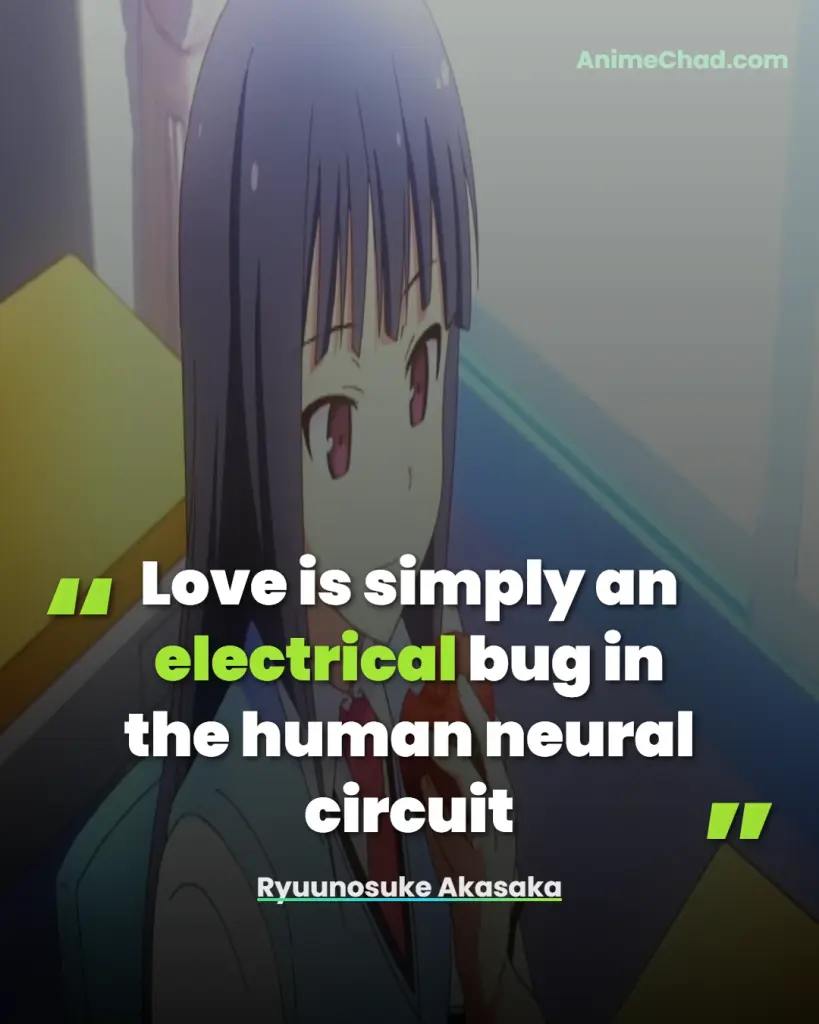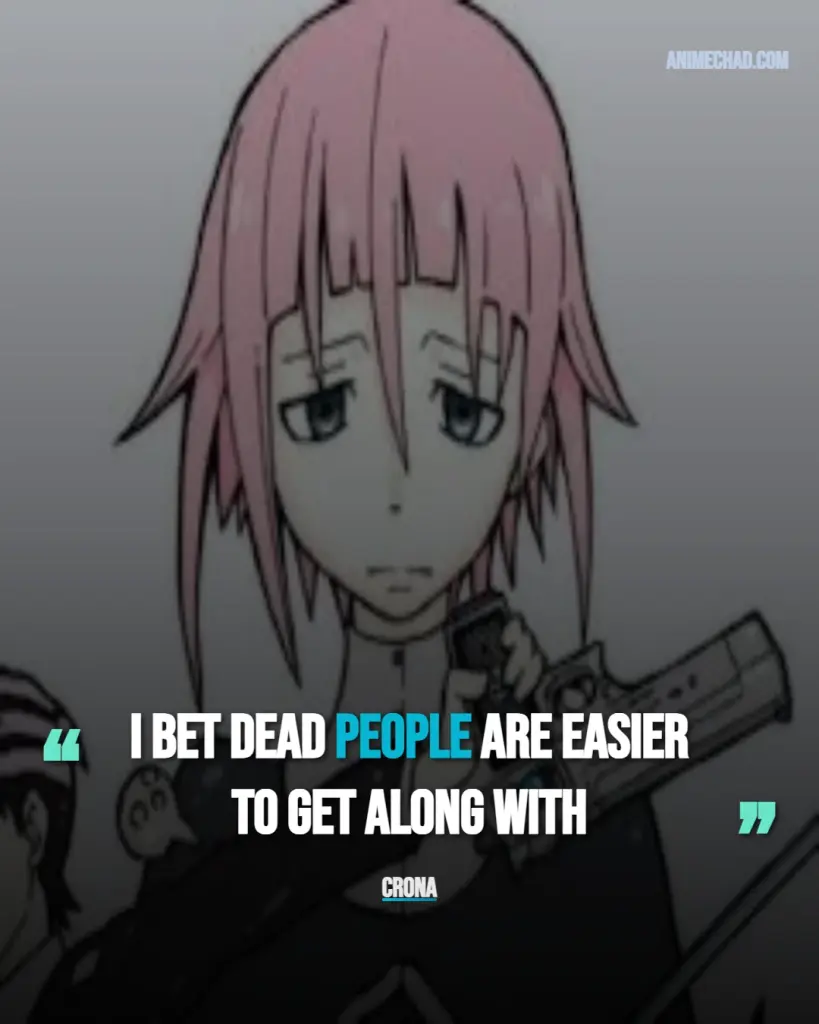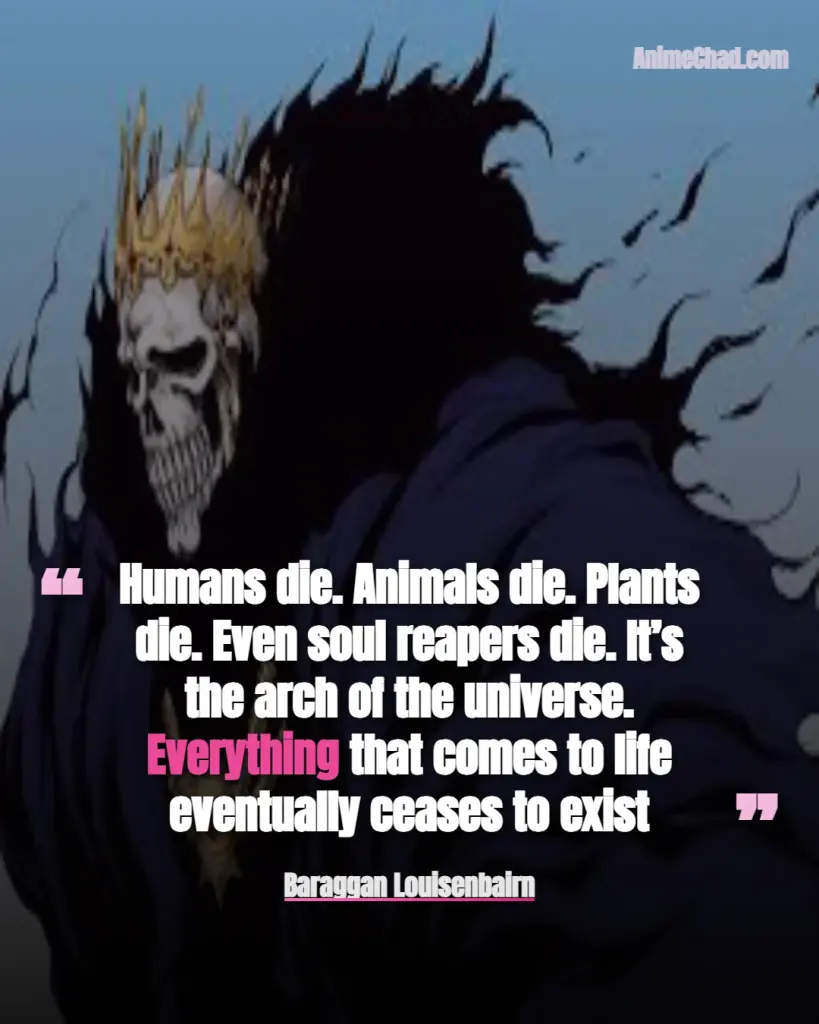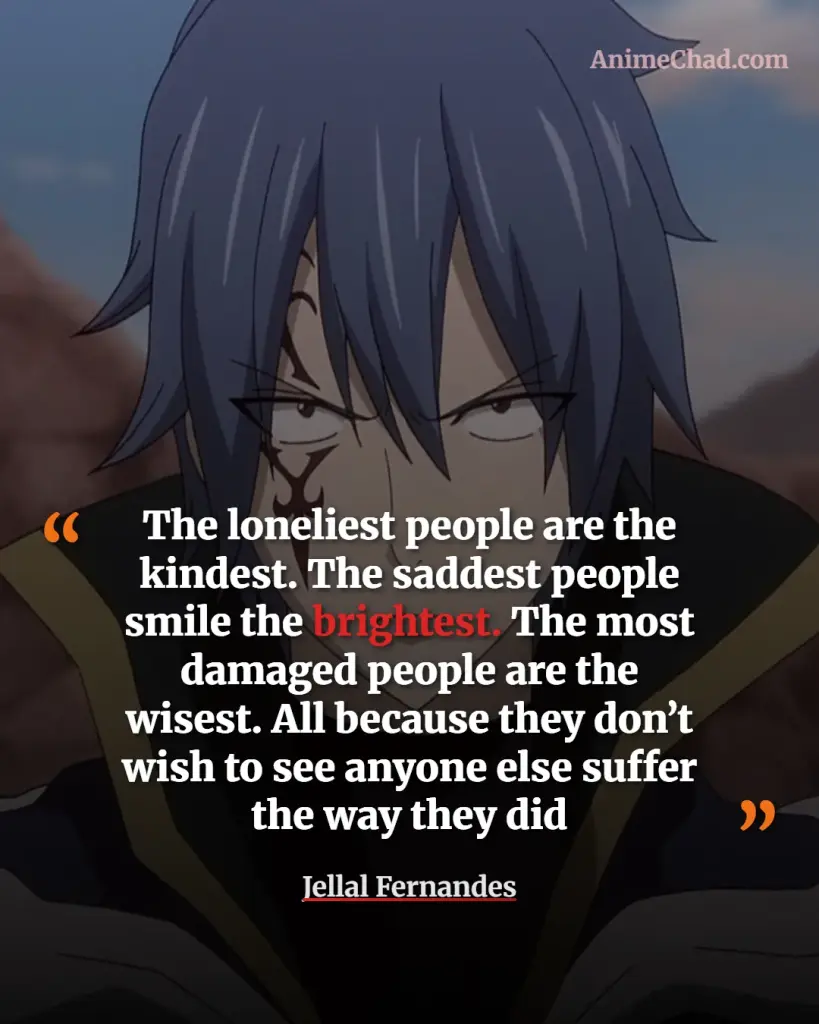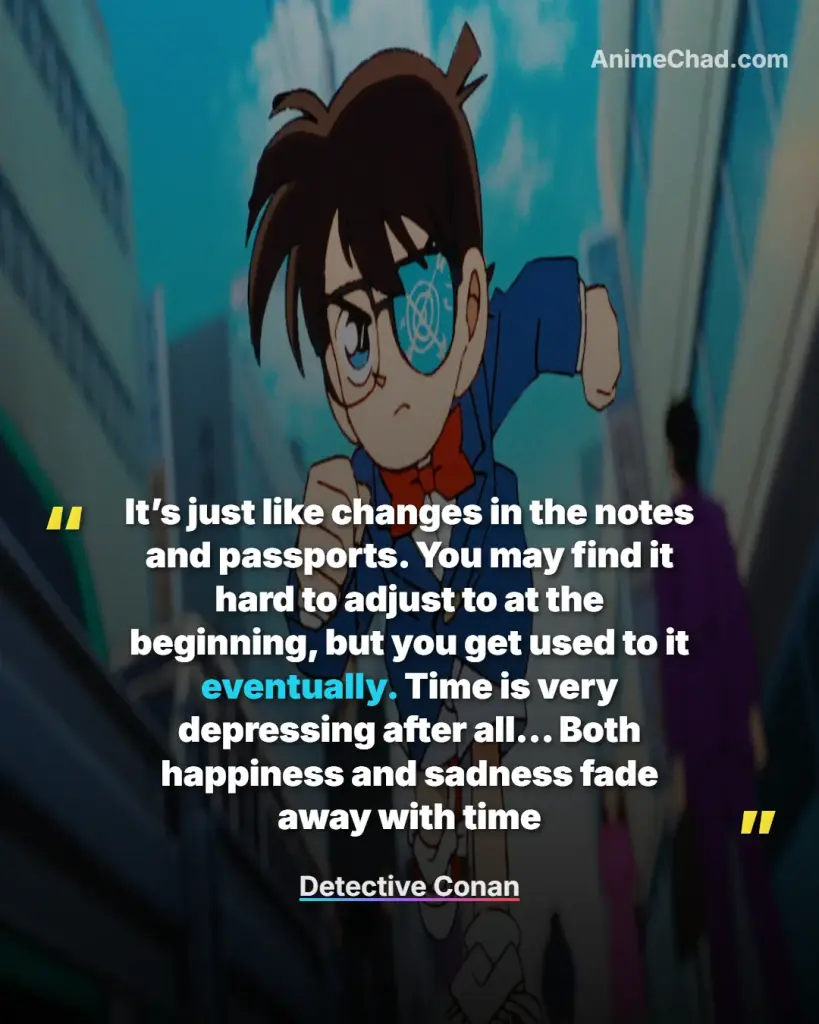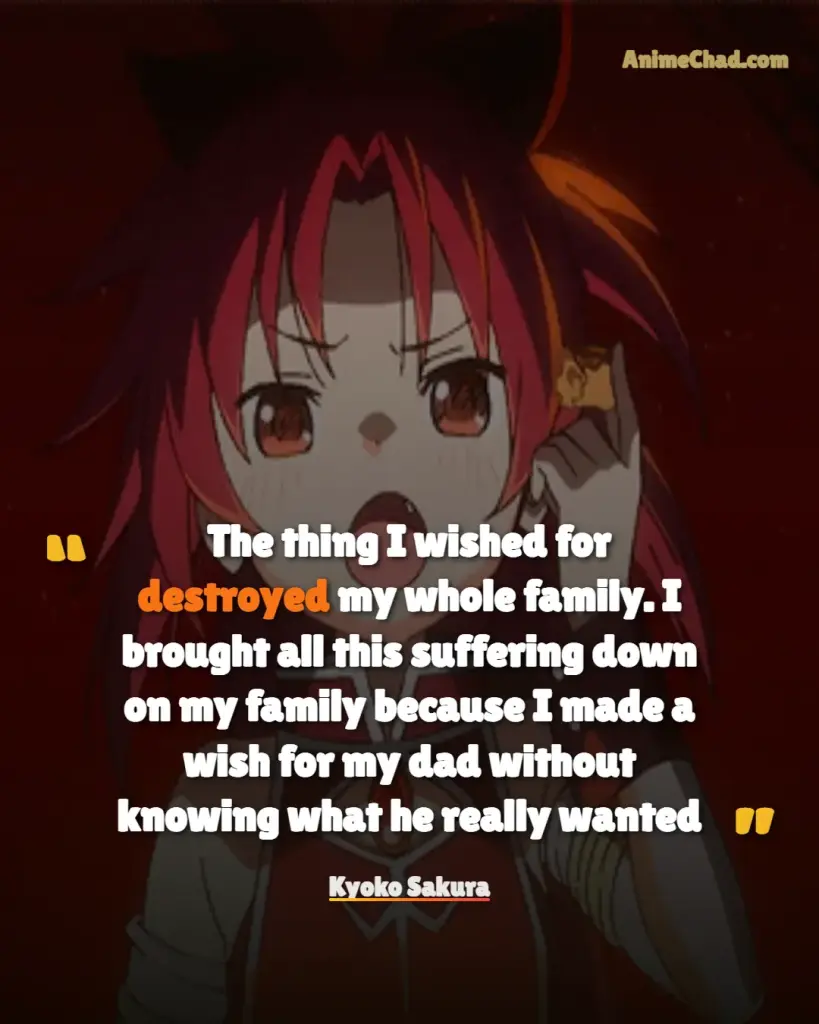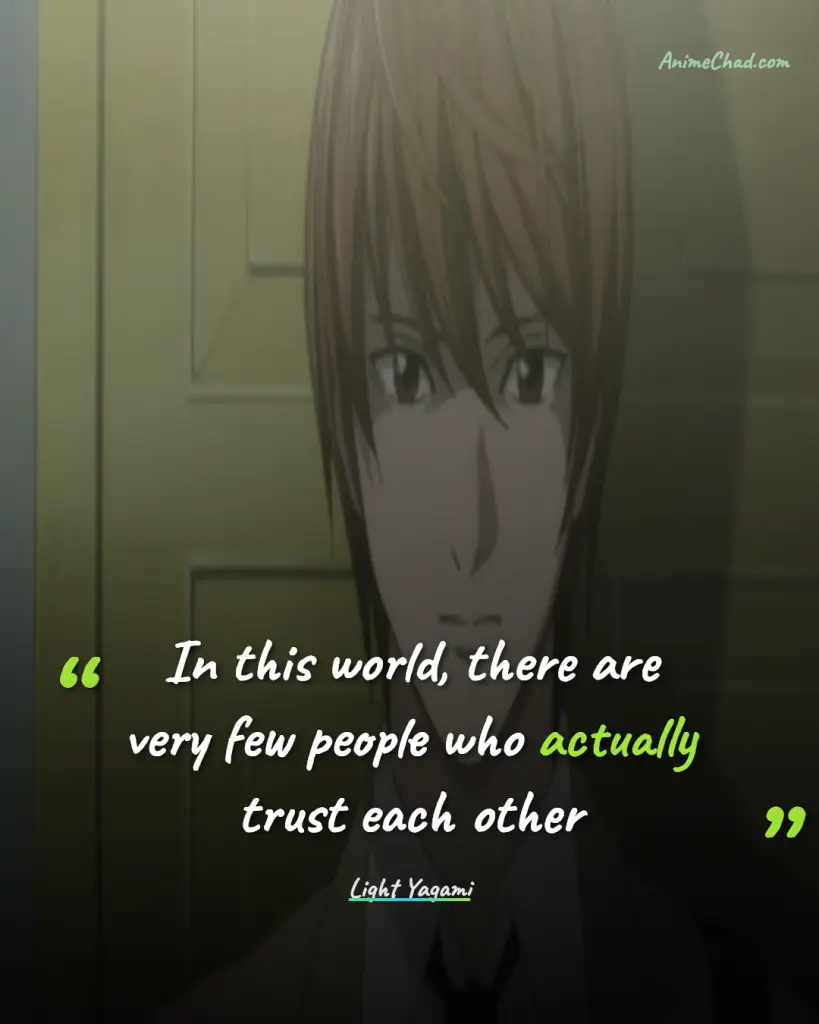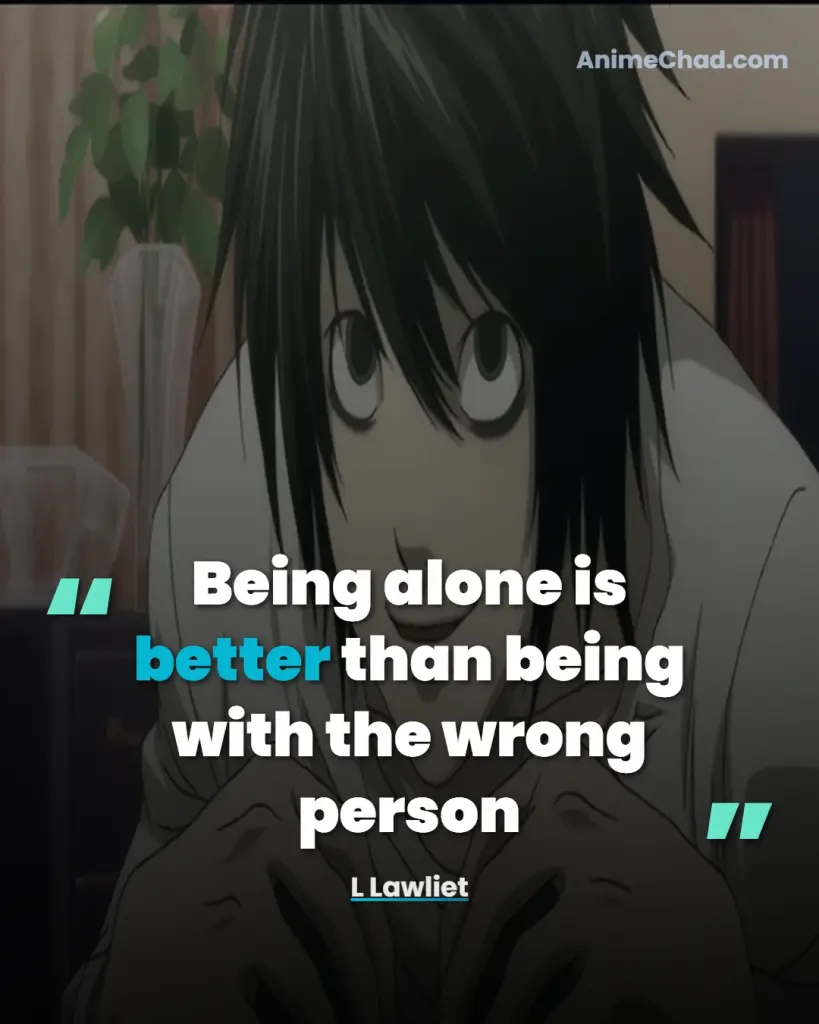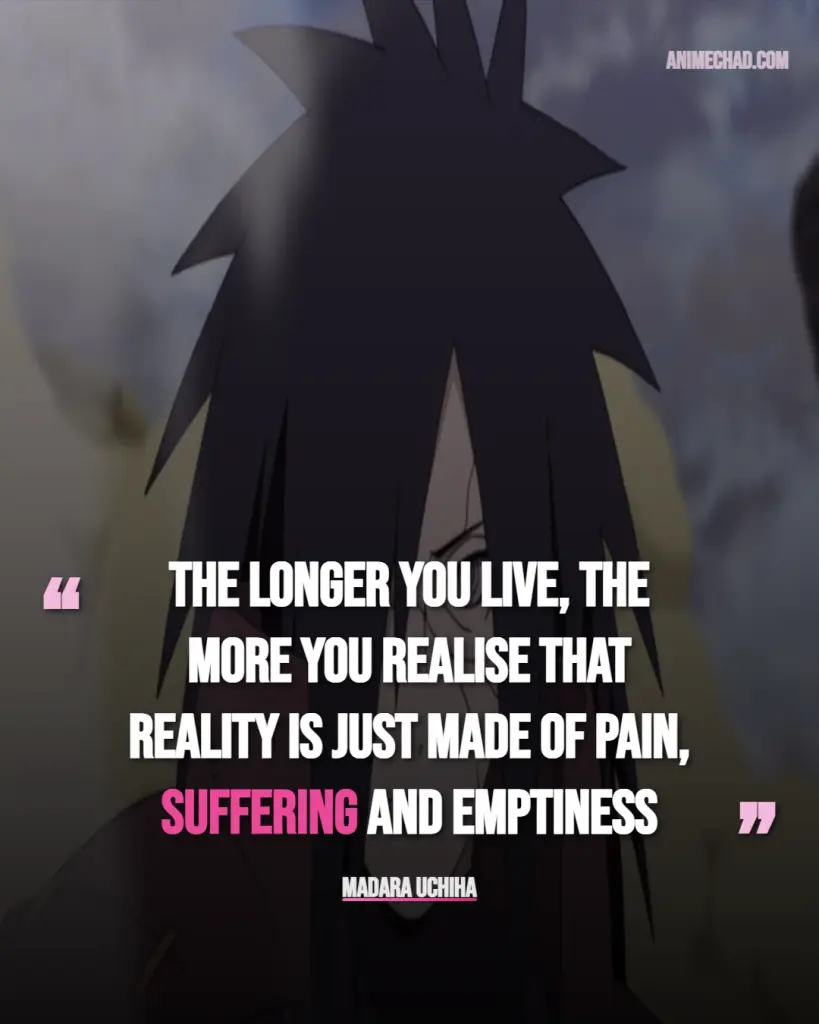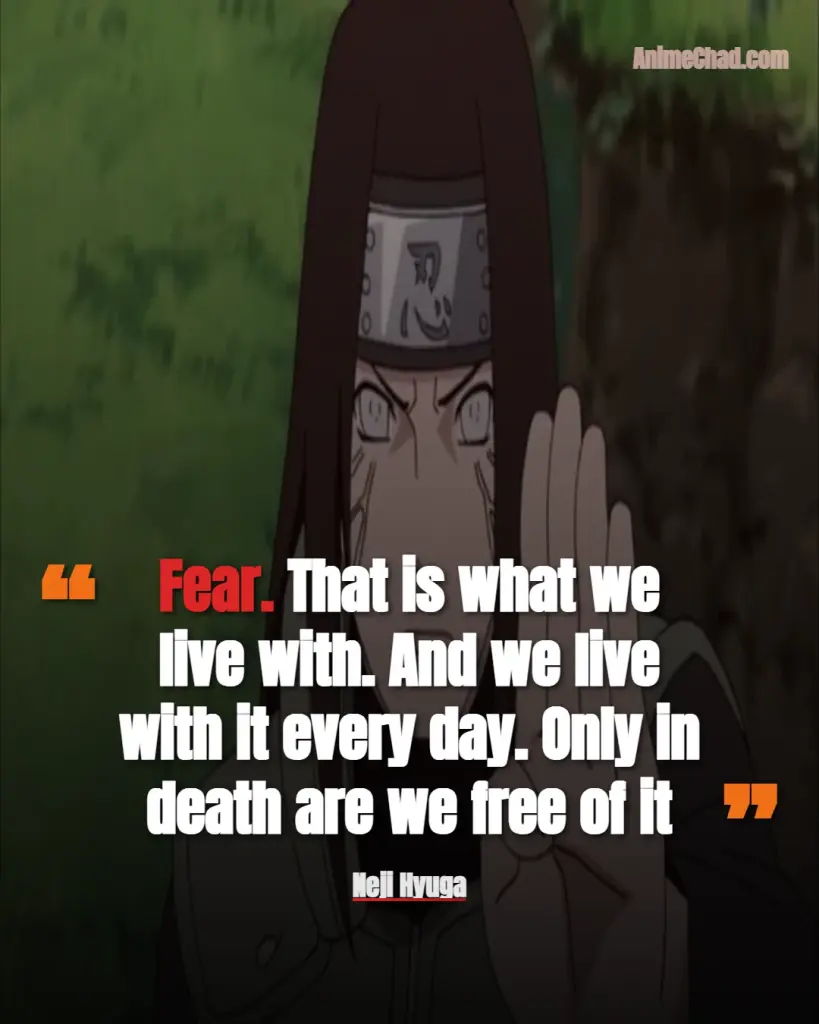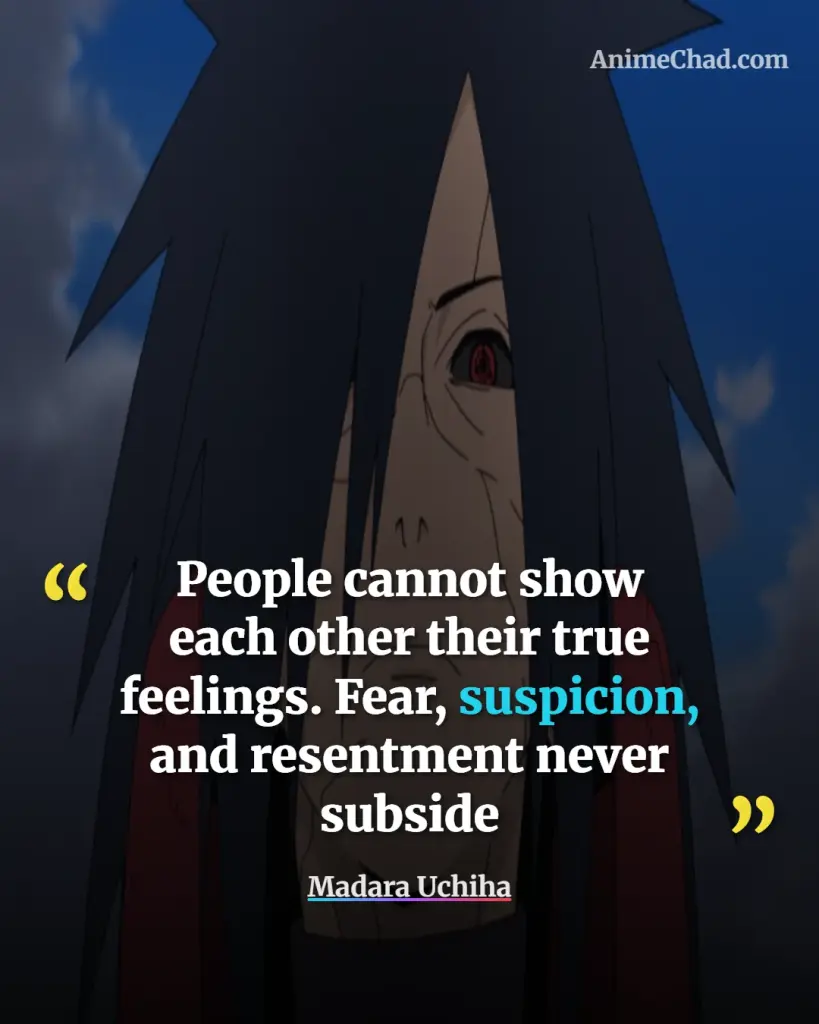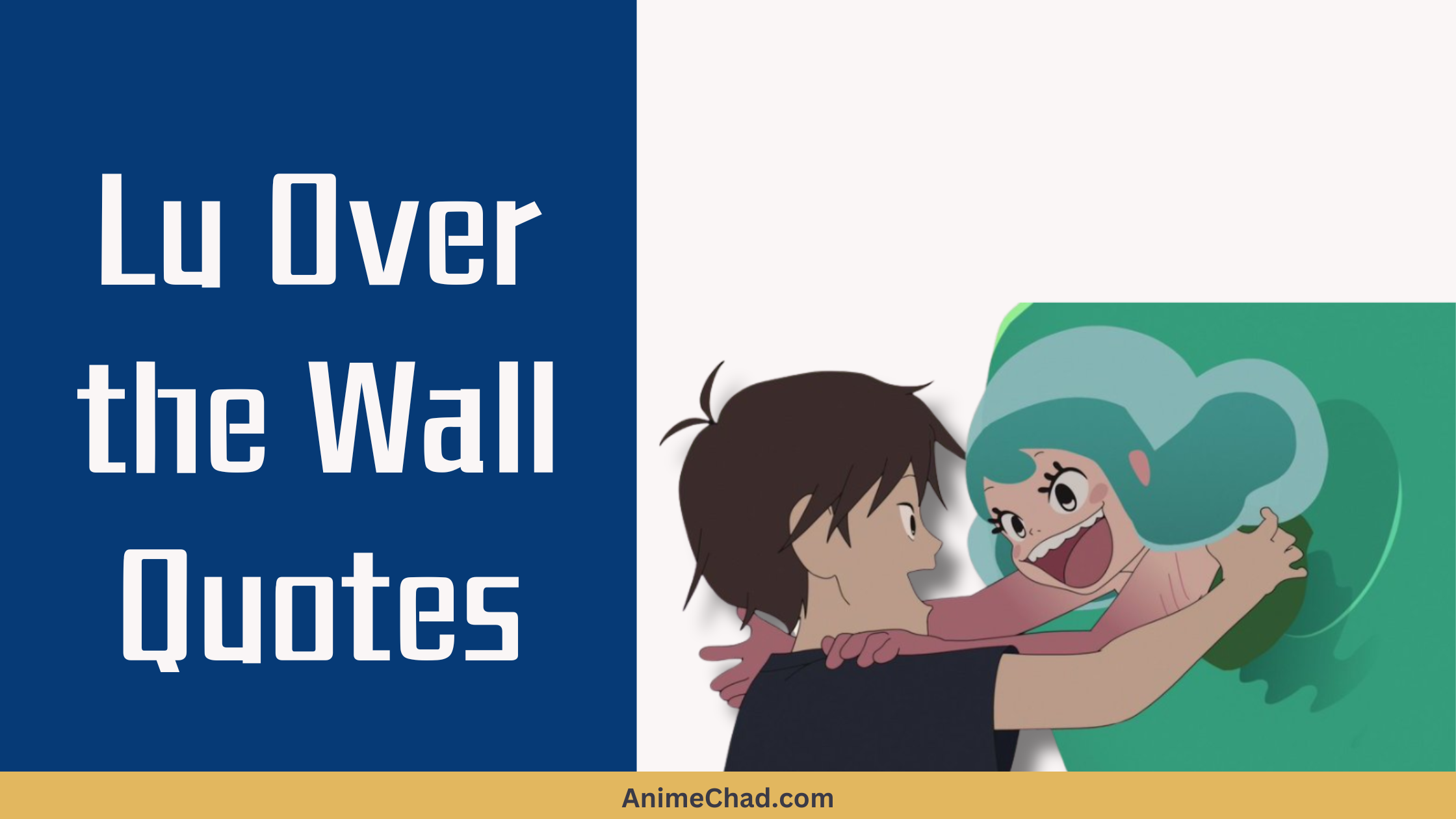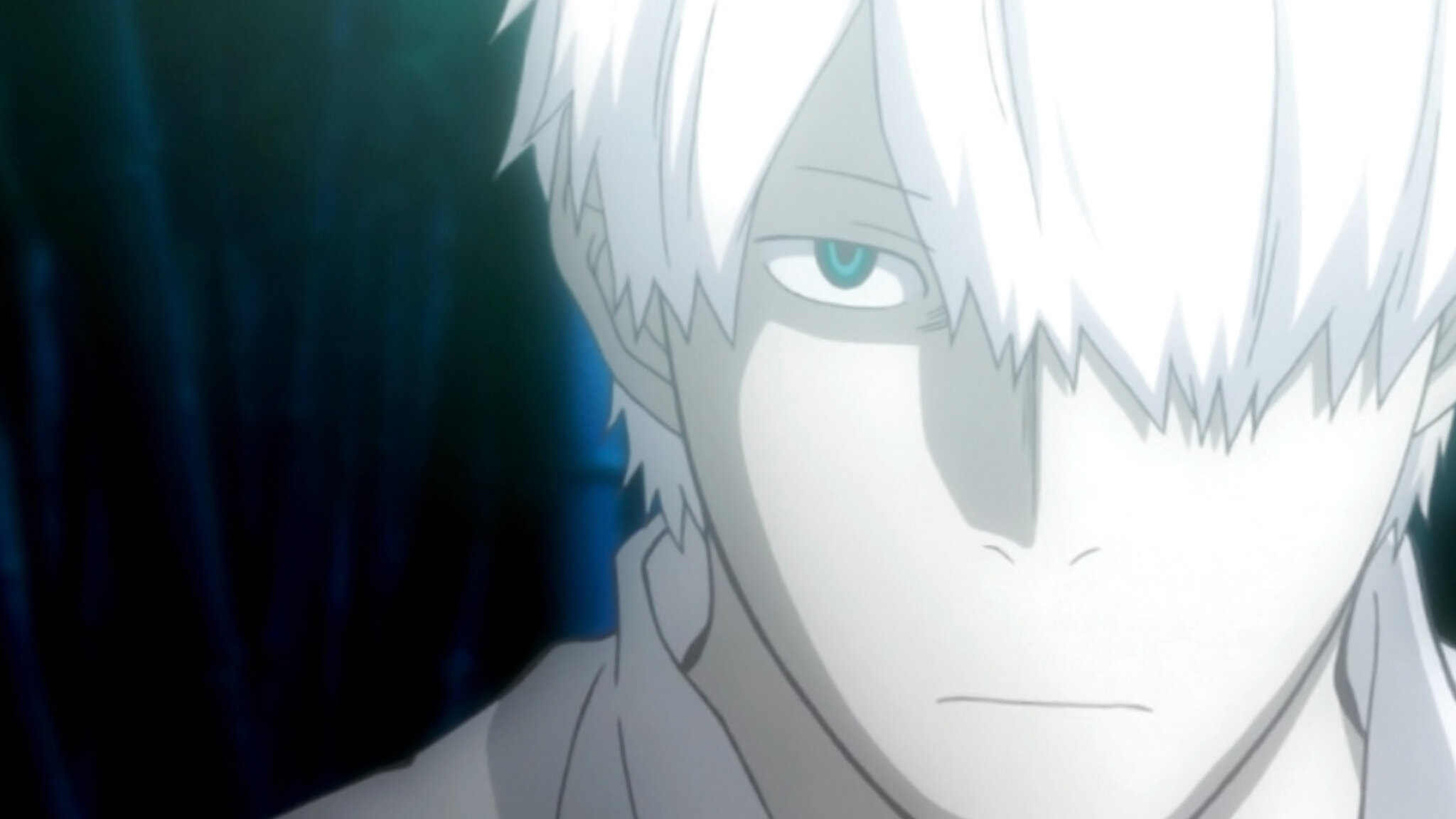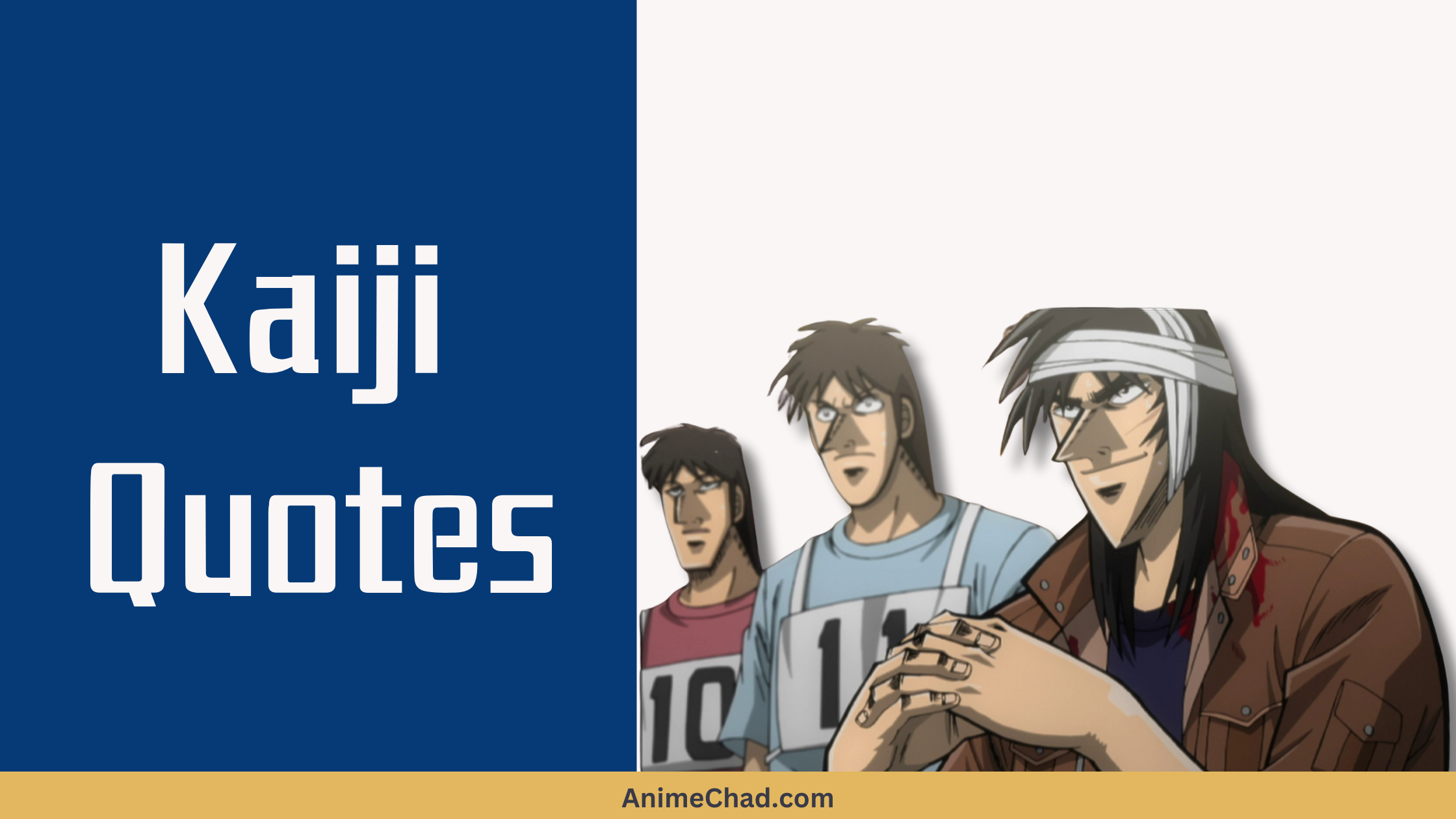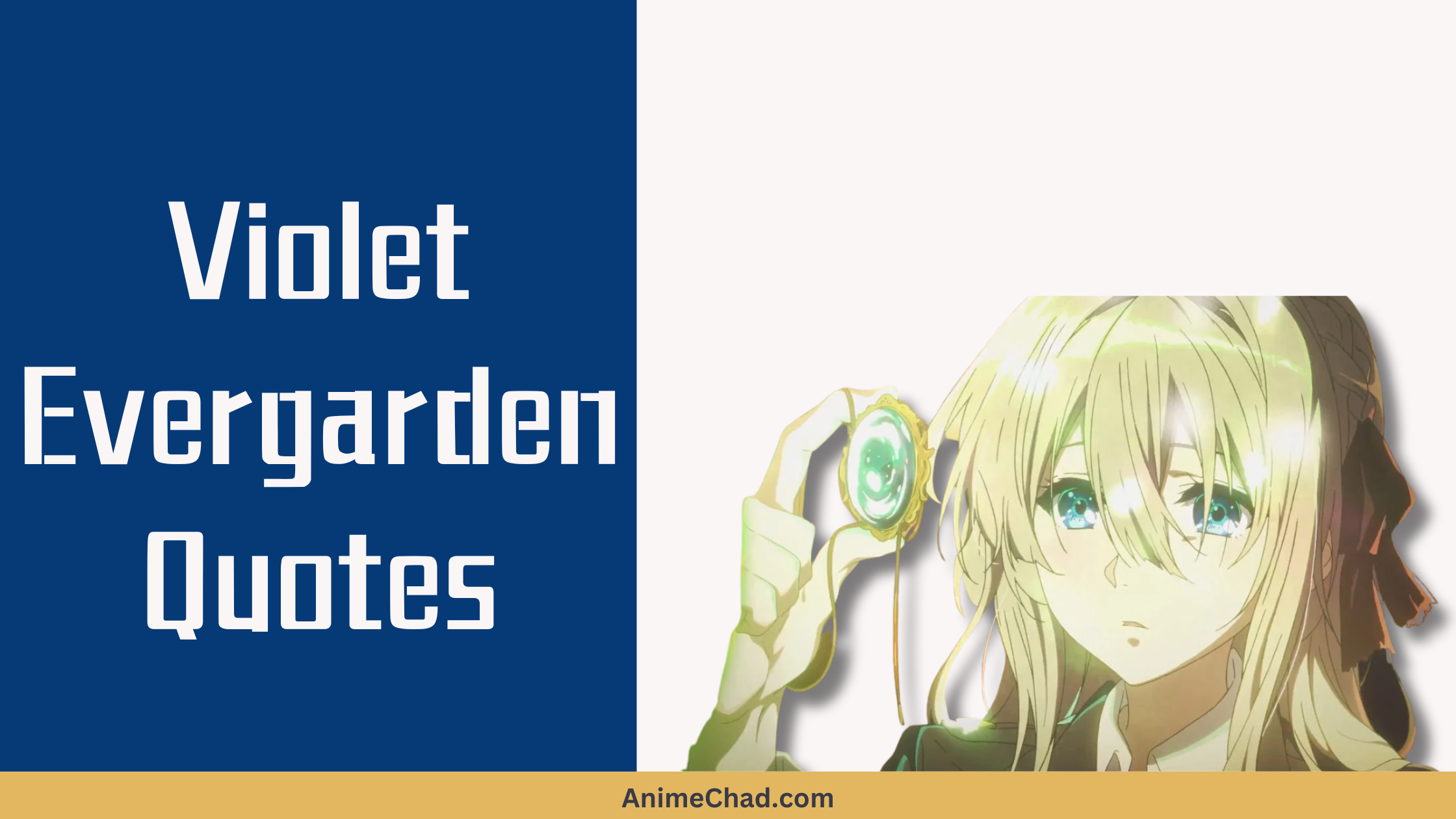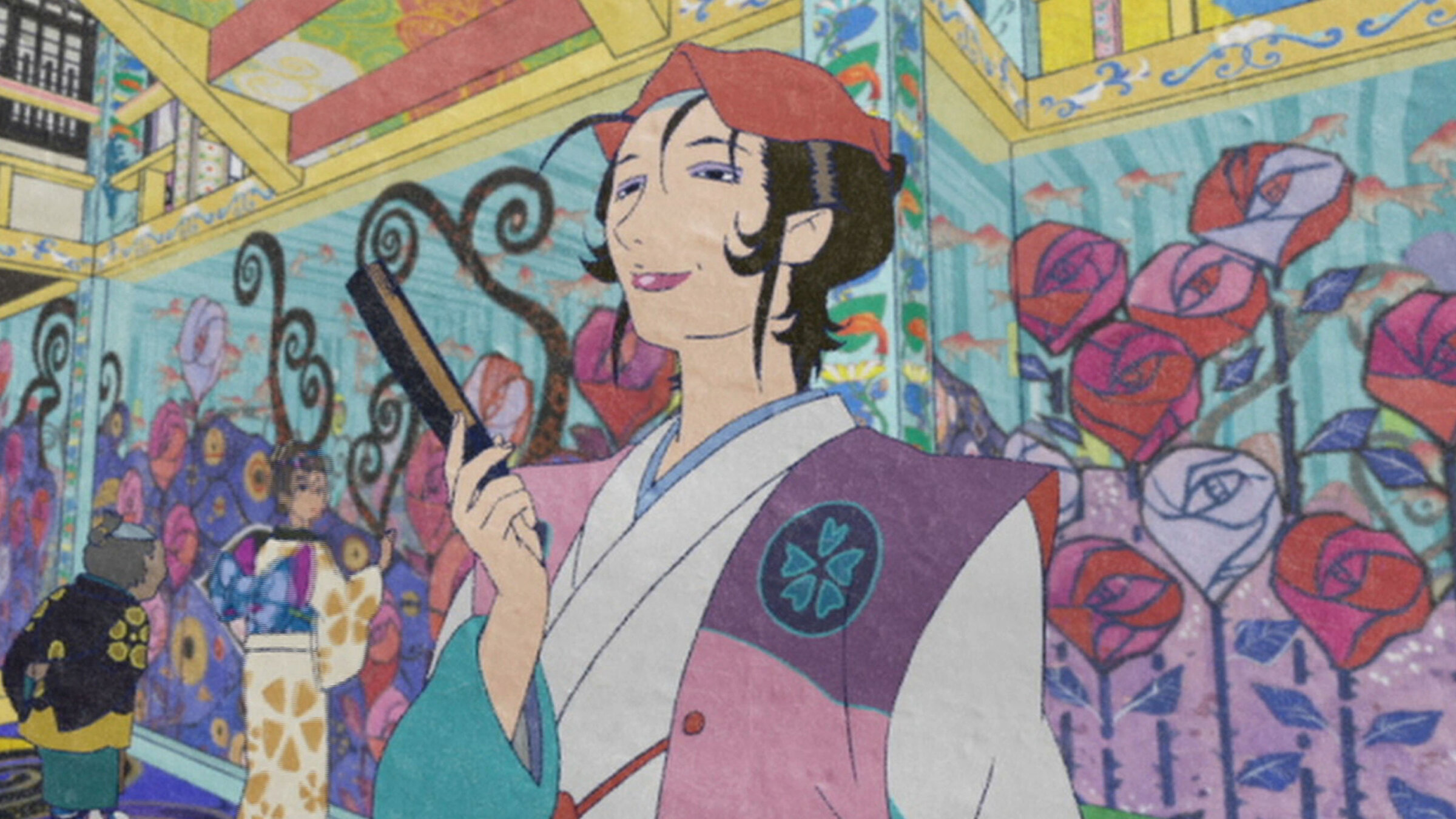Anime often explores the profound depths of heartbreak, capturing the raw pain of loss, unrequited love, and shattered dreams through compelling characters and narratives. Series like Your Lie in April, Clannad, and Naruto delve into themes of grief, regret, and emotional resilience, resonating deeply with audiences.
This curated collection of 25 canonical heartbreak quotes aims to showcase pivotal moments that highlight character growth, thematic connections, and the lasting impact of sorrow across various anime.
You were always there for me, and that’s all I needed. Just you. For some reason, I didn’t feel sad or broken up, it just didn’t seem real. But slowly I realized it was real — that you were gone. And little by little, I slowly felt something inside me go numb
Episode Details: Episode 26 (Real Folk Blues, Part 2)
Speaker: Jet Black
Context: Reflects profound grief over Faye’s departure, marking Jet’s emotional numbness and growth in accepting loss amid Cowboy Bebop‘s themes of isolation.
The scariest and the most painful thing is to be hated by someone you truly love
Episode Details: Episode 26 (The Final Decision)
Speaker: Tohru Honda
Context: Captures Tohru’s heartbreak from rejection, emphasizing vulnerability and her development toward self-acceptance in Fruits Basket‘s exploration of cursed family bonds.
Even if I’m worthless, and carry demon blood… thank you, for loving me!
Episode Details: Episode 484 (The Exploding Human)
Speaker: Portgas D. Ace
Context: Ace’s dying words to Luffy convey gratitude amid self-doubt, highlighting brotherly love and sacrifice in One Piece‘s themes of found family during a intense battle arc.
Once you’ve met someone you never really forget them. It just takes a while for your memories to return
Episode Details: N/A (Feature film)
Speaker: Zeniba
Context: Zeniba’s wisdom on enduring connections evokes bittersweet nostalgia, aiding Chihiro’s growth in facing separation in Spirited Away‘s journey of self-discovery.
How can you move forward when you keep regretting the past?
Episode Details: Episode 27 (Flame of the Alchemist)
Speaker: Edward Elric
Context: Edward’s reflection on guilt drives his resolve, connecting to Fullmetal Alchemist: Brotherhood‘s redemption themes during a pivotal, non-battle confrontation.
Look at me! There’s nothing in my heart, I don’t feel pain any longer
Episode Details: Episode 371 (Hole)
Speaker: Obito Uchiha
Context: Obito’s despair reveals his emotional void from loss, marking a tragic fall and thematic exploration of war’s toll in Naruto Shippuden‘s intense battle arc.
Was I able to live inside someone’s heart? Was I able to live inside your heart?
Episode Details: Episode 22 (Your Lie in April)
Speaker: Kaori Miyazono
Context: Kaori’s final letter questions her impact, evoking mortality’s pain and Kousei’s growth in cherishing memories in Your Lie in April‘s emotional climax.
Nagisa! Here, it’s Ushio’s cheek! Come on… Hey… Nagisa, you told me you’d always be by my side. You said we’d always be together. You promised me that, remember?
Episode Details: Episode 16 (White Darkness)
Speaker: Tomoya Okazaki
Context: Tomoya’s denial over Nagisa’s death underscores grief’s weight, fostering his paternal development in Clannad: After Story‘s family-themed arc.
Did I make the Japanese people happy? Did I make it work?
Episode Details: Episode 23 (At Least, Happiness to…)
Speaker: Euphemia li Britannia
Context: Euphemia’s dying inquiry highlights tragic manipulation, connecting to Code Geass‘s themes of idealism shattered in a peaceful yet devastating moment.
Bang
Episode Details: Episode 26 (The Real Folk Blues, Part 2)
Speaker: Spike Spiegel
Context: Spike’s final word symbolizes acceptance of fate, evoking heartbreak from lost love and closure in Cowboy Bebop‘s action-packed finale.
Is it all right to not hold it in anymore? Sanae-san told me, places that I can cry are in a bathroom, or in daddy’s arms
Episode Details: Episode 21 (The End of the World)
Speaker: Ushio Okazaki
Context: Ushio’s vulnerability mends her bond with Tomoya, illustrating healing from neglect in Clannad: After Story‘s tender, post-tragedy arc.
Kakarot, please. Destroy Frieza. He made me what I am. Don’t let him do it to anyone else. Whatever it takes. Stop him. Please
Episode Details: Episode 105 (Mighty Blast of Rage)
Speaker: Vegeta
Context: Vegeta’s tearful plea reveals childhood trauma, driving his redemption arc in Dragon Ball Z‘s fierce battle against tyranny.
You idiot. You’d gotten yourself up in a tizzy about romance, right? ‘Love’ you experience in that state is just self-delusion. There’s no point in getting depressed over love like that
Episode Details: Episode 12 (The Prince’s Melancholy)
Speaker: Kyouya Sata
Context: Kyouya’s harsh truth exposes self-deception in love, prompting Erika’s growth in navigating relationships in Wolf Girl and Black Prince‘s romantic arc.
The two of us aren’t so different. My whole life I’ve desired from others. I felt bitter to the people around me and I closed off my heart. And a heart that lets nothing in, will become empty before you realize it
Episode Details: Episode 12 (Citrus+12)
Speaker: Mei Aihara
Context: Mei’s confession highlights isolation’s pain, fostering her emotional opening in Citrus‘s themes of forbidden love and self-acceptance.
Love is simply an electrical bug in the human neural circuit
Episode Details: Episode 24 (Welcome to the Parade)
Speaker: Ryuunosuke Akasaka
Context: Ryuunosuke’s cynical view masks his loneliness, connecting to The Pet Girl of Sakurasou‘s exploration of genius and human connection in a quiet moment.
I bet dead people are easier to get along with
Episode Details: Episode 24 (Black Star)
Speaker: Crona
Context: Crona’s dark humor reveals deep-seated trauma, aiding their development toward trust in Soul Eater‘s blend of battle and introspection.
Humans die. Animals die. Plants die. Even soul reapers die. It’s the arch of the universe. Everything that comes to life eventually ceases to exist
Episode Details: Episode 306 (For the Sake of Protecting)
Speaker: Baraggan Louisenbairn
Context: Baraggan’s nihilism underscores mortality’s inevitability, enhancing Bleach‘s themes of existence during an epic confrontation.
The loneliest people are the kindest. The saddest people smile the brightest. The most damaged people are the wisest. All because they don’t wish to see anyone else suffer the way they did
Episode Details: Episode 150 (The Forbidden Spell)
Speaker: Jellal Fernandes
Context: Jellal’s insight reflects his regret, driving redemption in Fairy Tail‘s arcs of friendship and healing from past wounds.
It’s just like changes in the notes and passports. You may find it hard to adjust to at the beginning, but you get used to it eventually. Time is very depressing after all… Both happiness and sadness fade away with time
Episode Details: Episode 367 (The Black Book)
Speaker: Detective Conan
Context: Conan’s reflection on time’s erosion evokes melancholy, tying to Case Closed‘s ongoing mystery and loss themes in a reflective scene.
The thing I wished for destroyed my whole family. I brought all this suffering down on my family because I made a wish for my dad without knowing what he really wanted
Episode Details: Episode 10 (The Day the Sorcerer Came)
Speaker: Kyoko Sakura
Context: Kyoko’s regret over her wish highlights sacrifice’s cost, fostering growth in Puella Magi Madoka Magica‘s dark magical girl narrative.
In this world, there are very few people who actually trust each other
Episode Details: Episode 2 (Confrontation)
Speaker: Light Yagami
Context: Light’s cynicism exposes betrayal’s pain, central to his moral descent in Death Note‘s psychological thriller arcs.
Being alone is better than being with the wrong person
Episode Details: Episode 37 (Checkmate)
Speaker: L Lawliet
Context: L’s solitude preference underscores heartbreak from mistrust, enhancing Death Note‘s themes of isolation in a tense standoff.
The longer you live, the more you realise that reality is just made of pain, suffering and emptiness
Episode Details: Episode 135 (The Longest Moment)
Speaker: Madara Uchiha
Context: Madara’s despair drives his villainy, connecting to Naruto‘s cycle of hatred in a climactic war arc moment.
Fear. That is what we live with. And we live with it every day. Only in death are we free of it
Episode Details: Episode 138 (The End)
Speaker: Neji Hyuga
Context: Neji’s fatal sacrifice reveals growth from fatalism to protection, embodying Naruto‘s themes of breaking destiny’s chains in battle.
People cannot show each other their true feelings. Fear, suspicion, and resentment never subside
Episode Details: Episode 374 (The New Three)
Speaker: Madara Uchiha
Context: Madara’s observation highlights enduring distrust, tying to character arcs of reconciliation in Naruto Shippuden‘s final confrontations.
